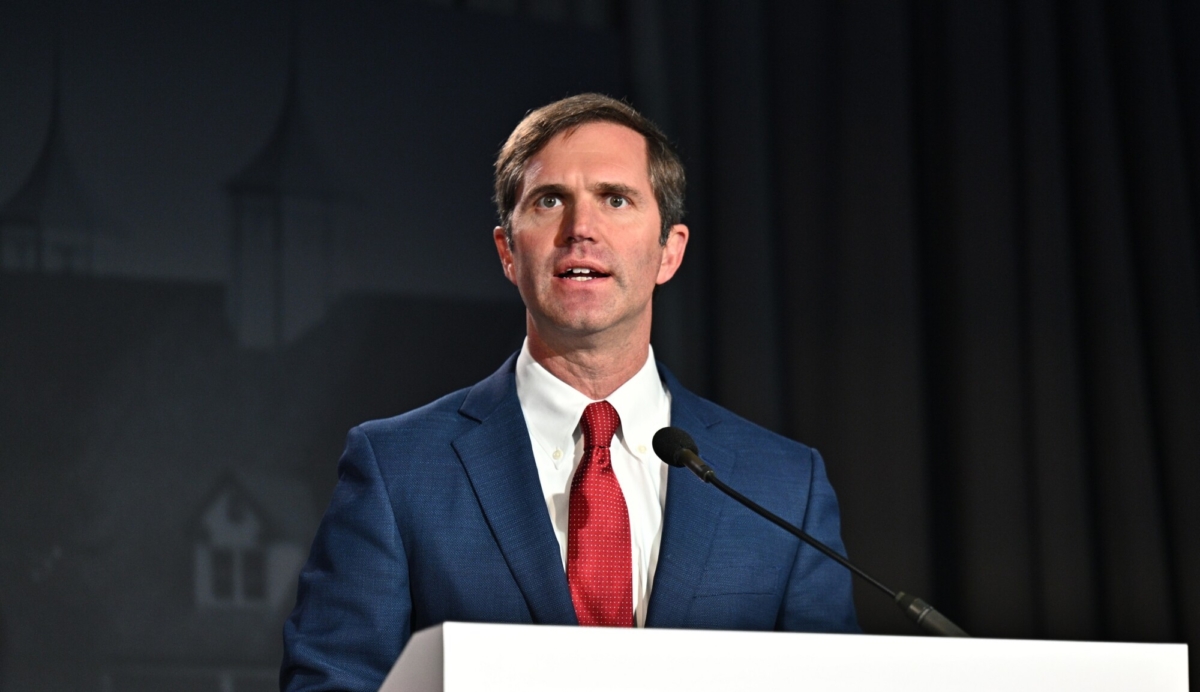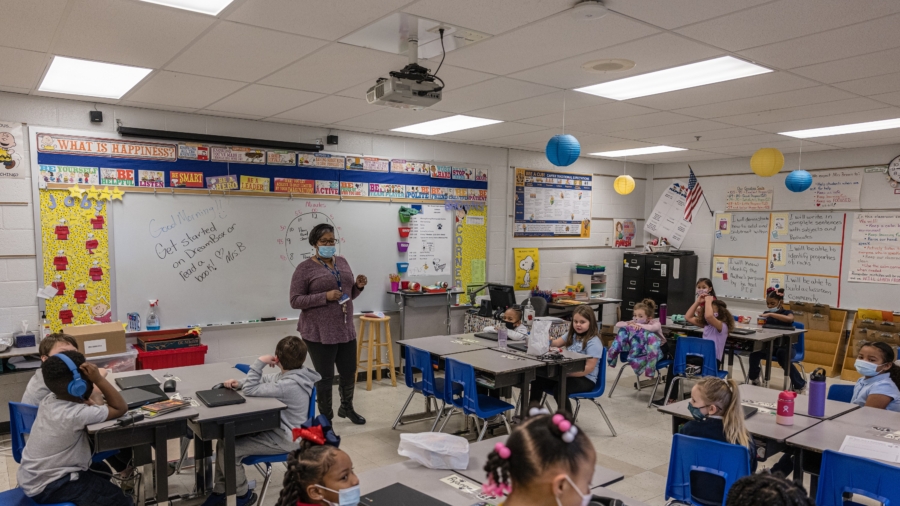A controversial piece of legislation to allow public tax dollars to go toward education opportunity accounts (EOA) in Kentucky has been struck down by the Kentucky Supreme Court as unconstitutional.
In their opinion, the court came to the conclusion the use of public funds for anything other than public schools, without express approval by voters, was in violation of the Kentucky Constitution.
“After a thorough review, we conclude the EOA Act violates Section 184 and, consequently, affirm the circuit court’s holding that the statute is unconstitutional,” Justice Lisabeth T. Hughes wrote in the court’s opinion. “With this conclusion, the remaining constitutional challenges to the EOA Act are rendered moot.”
In 2021, the Kentucky General Assembly passed legislation allowing Kentucky taxpayers who donate to account-granting organizations (AGOs) to receive a “near dollar-for-dollar tax credit against their income taxes,” which then could go toward EOAs set up for eligible students.
The EOA funds could be used for various education-related expenses, but “the primary focus has been their availability to defray the costs of nonpublic school tuition for eligible students,” according to the court’s ruling.
The legislation became effective on June 29, 2021, and was challenged shortly after as violating the Kentucky Constitution. A lower court found the legislation to be unconstitutional on two merits, one being the constitution’s prohibition of raining or collecting any sum for education other than public schools unless expressly approved by voters.

Proponents of the legislation appealed, urging the state Supreme Court to reconsider based upon “the importance of parental choice and recognition of the unique education needs of each child.” Opponents argued to the court the importance “of a sound, well-funded common school system open to all children regardless of their circumstances.”
The court in their ruling stated the court’s role wasn’t to ascertain if the merits were appropriate one way or the other but to review its constitutionality.
Legislation’s Controversial Inception
The legislation passed in the Kentucky House by a narrow margin of 48–47 in March 2021. It was promptly vetoed by Gov. Andy Beshear (D) which was then subsequently overridden by the General Assembly later in the month.
Proponents of the bill at the Bluegrass Institute for Public Policy said the move by the court denies educational liberty to parents with “children trapped in failing schools in the state’s largest counties.”
“[This legislation] would have allowed parents in Kentucky’s largest counties to use the funds to cover tuition at nonpublic schools that work better for their children while families in all 120 counties could have used the accounts for a variety of school supplies and services, including dual-college credit courses and therapy for learning-disabled children,” the institute said in a statement following the court’s ruling.
The institute further claims the state constitution does not prohibit educational alternatives for parents, rather it requires the state “provide for an efficient system of common schools throughout the State.”
They further add that per-pupil funding rose by an inflation-adjusted 80 percent between 1990 and 2019, but “one-third of all Kentucky public school students read proficiently at grade level.”
The Kentucky Education Association (KEA) applauded the ruling, calling it a victory (pdf) for Kentucky’s public schools and students in prohibiting “any attempts to divert tax dollars away from public schools and students without putting the question to the voters.”
“Research has shown that private school voucher programs in other states have demonstrated no positive effect on students’ educational outcomes, and often negatively impact student Achievement,” KEA President Eddie Campbell said in a statement. “In fact, some evidence illustrates they may exacerbate school segregation and fund discrimination and they are prone to waste, fraud, and abuse.”
He added the state could not afford to “support two different education systems … on the taxpayers’ dime.”

Kentucky House Speaker David Osborne said the program’s supporters remain committed to the policy goal to provide access to educational opportunities they deserve.
“We will continue efforts to empower parents and families despite pushback from an education administration more interested in satisfying self-serving union interests,” Osborne said in a statement.
The governor said the issue should now be settled.
“This issue ought to be done. We can’t send public dollars directly or indirectly to private or charter schools, nor should anyone try. The answer is to work together to improve our public school system,” said Beshear. “Let’s provide funding, let’s provide that raise so that we can get enough teachers in the classroom, and let’s invest in technology and social and emotional learning the way we need to.”
The Associated Press contributed to this report.
From The Epoch Times


